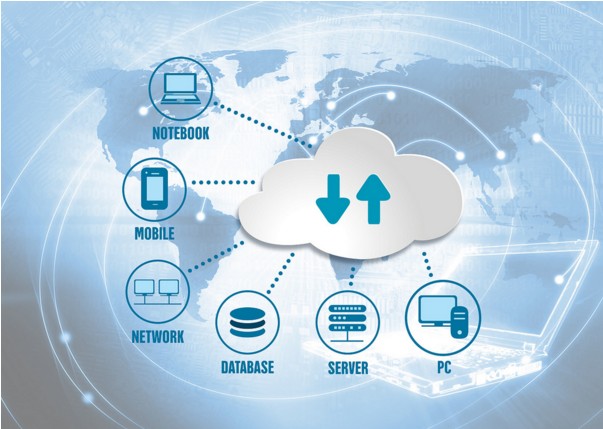Right now the world is awash with helpful, cheap and useful digital tools. And yet many businesses still aren’t making use of them. But if companies want to do things quicker and stay on top of the competition, they’ve got to up their adoption rates. Of course, too many tools can be a big problem, as the Telegraph pointed out. But “too many” is rarely the problem. More often than not, it’s “not enough” that is causing businesses to falter. So what sort of stuff is out there right now, and how can companies take advantage? Let’s have a look.
Online Address Books
Online address books have been on the radar since 2002 when Plaxo launched their service. But since then, they’ve not seen widespread adoption. Many companies are still using non-cloud based solutions. And that’s hampering their flexibility and organization. Online address books can solve many of the problems businesses have with storing contact information. For instance, Plaxo lets companies manage all their contacts from a single program. There’s also a backup on the cloud. And anybody can connect to the address book from any device. On top of all of that, the program allows calendars and address books to be synced across devices. In other words, it behaves exactly how we’ve come to expect cloud applications to behave.
Plaxo is, of course, one of many address book platforms. But it alone now stores more than 3.7 billion contacts in its data repositories. Is an online address book something you need?
Social Buzz Sites
The holy grail of marketing is embedding it into something social that winds up going viral. Actually making it happen is tough. But there are ways that you can get a leg up on the competition. For instance, sites like BuzzFeed report on all the latest social trends online. Here you’ll find what people are talking about and what’s hot right now.
BuzzFeed was set up back in 2006 and since then it has grown a loyal following. The site isn’t just about silly stuff, although there’s a lot of that. It’s also about reporting the news in an engaging and relevant way. What’s so surprising about BuzzFeed is that it’s not just about reaching end-consumers. Business-to-business users can also potentially benefit in a big way. Remember, B2B companies are often able to help B2C companies respond to new consumer tastes.
Document Organisation
Document storage systems are big news in the business world right now. They’re helping businesses move away from insecure physical/digital systems to something far more robust. They’re helping them increase productivity. And they’re driving down the costs of errors, by making systems failsafe.
One of the biggest beneficiaries of document organization is the legal industry. Contract management is a big concern for many small outfits. And previously, it would have been junior staff who would have had responsibility for contracts with clients. Of course, mistakes would have been made and contracts lost or not upheld. But now solutions, like ContractWorks, eliminate all of this. Any firm that processes a lot of contracts can now get alerts reminding them of key renewal dates. And they can have all their contracts stored in a single, secure repository.
Hashtag Monitoring
Businesses, in general, would like to know what is going on on social media. But often, it’s hard to get a sense of the mood at a glance. That’s where tools like Tagboard can come in handy. Tagboard is a social media tool that allows companies to monitor keywords and conversations. You can type in a hashtag into the search bar and instantly get back public social media posts on the topic. There’s also premium services for business that are better than most of the generic widgets out there right now. For instance, you can embed Tagboard into your website and notify users that they have been mentioned in posts.
Real Time News
In the business world, it’s important to be able to respond quickly to news and events. That’s where news outlets, like Digg, really come in handy. Digg is the Reuters of the digital media world. Its purpose is to bring users the most current news and information out there right now.
Now Digg has upped their game significantly for business users. Now you can integrate your Digg account with your Twitter account. Digg will search for stories relating to the people you follow on Twitter. And it will then use these to populate your Digg feed automatically. This way you get the latest, most relevant news for your business and industry.











